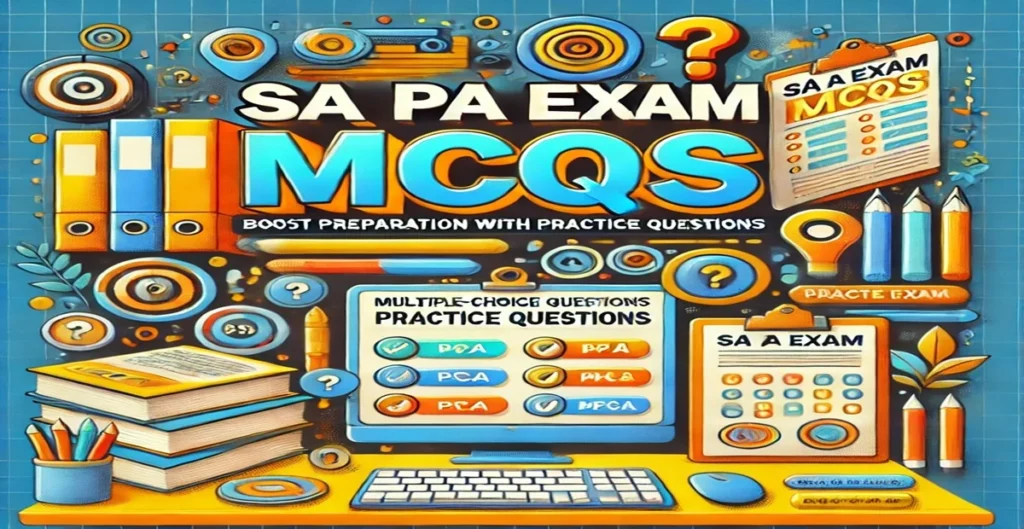Q1. From which date did the CCS (Leave) Rules, 1972 become effective?
A. 1st January 1972
B. 1st April 1972
C. 1st June 1972
D. 1st July 1972
Q2. CCS (Leave) Rules, 1972 apply to which of the following categories?
A. Railway servants
B. Work-charged employees
C. Casual employees
D. Government servants in civil services and posts of the Union
Q3. Which category of employees is excluded from the CCS (Leave) Rules, 1972?
A. Quasi-permanent employees
B. Permanent employees
C. Locally recruited staff abroad
D. Central Government officers
Q4. CCS (Leave) Rules do not apply to contract employees:
A. At all
B. Unless otherwise provided in contract
C. Unless working abroad
D. If appointed before 1972
Q5. As per Rule 2, who among the following is not excluded from the application of these rules?
A. All India Services
B. Daily-rated workers
C. Deputationists for short duration
D. Central Civil Service Group A officers
Q6. Who is defined as the “Administrator” in Rule 3 of the CCS (Leave) Rules?
A. President of India
B. Cabinet Secretary
C. Head of Department
D. Administrator of a Union Territory ✅
Q7. What is considered as foreign service under CCS (Leave) Rules?
A. Service under foreign diplomatic mission
B. Service where pay is from Consolidated Fund
C. Service where pay is drawn from outside Consolidated Fund
D. Service rendered in foreign language
Q8. “Completed years of service” includes
A. Only active duty periods
B. Only paid leave
C. Continuous service including leave
D. Only periods after confirmation
Q9. Who is the authority competent to grant leave?
A. As per Administrative Reforms Committee
B. Defined in the Second Schedule
C. Defined in the First Schedule ✅
D. Head of Department only
Q10. What governs a Government servant temporarily transferred within India?
A. Leave rules of borrowing organization
B. Industrial rules
C. CCS (Leave) Rules ✅
D. As per Ministry of Labour norms
